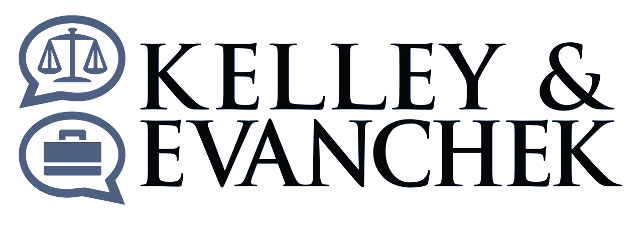Chapter 13 Bankruptcy
Filing for Chapter 13 Bankruptcy is essentially like enrolling into a court-ordered debt consolidation program. Also known as debt restructuring or debt reorganization, Chapter 13 Bankruptcy involves managing your debt by consolidating it into one payment, and possibly reducing total debt owed.
When you file for Chapter 13 Bankruptcy, it can help alleviate your debt problems and allow you to:
- Avoid Foreclosure
- Stop Foreclosure
- Stop Wage Garnishment
- Stop Creditor Harassment
- Catch Up on Mortgage Payments
- Catch Up on Car Loan Payments
- Catch Up on Property Taxes
- Remove a Second Mortgage
- Bring Student Loans Out of Default
- Bring Child Support Payments Current
- Pay Credit Card Debt, Medical Bill Debt, Personal Loan Debt
Filing for Chapter 13 Bankruptcy
Chapter 13 Bankruptcy is available to consumers and non-corporation businesses that do not meet the income eligibility of Chapter 7 Bankruptcy.
When you file, you and your bankruptcy attorney will propose a plan of how debt will be repaid over a three to five year period. A bankruptcy trustee will be appointed to represent the interests of your creditors, and the Bankruptcy Court will decide whether or not to accept the plan.
Once the Chapter 13 Bankruptcy is accepted by the Bankruptcy Court, creditors must abide by the Court Order of the Bankruptcy Court. The percentage of debt to be repaid is typically based on personal income and how much is owed. At the termination of the Debt Reorganization Plan, any remaining debt may be discharged.
Find a Chapter 13 Bankruptcy Lawyer
Anyone with a regular income – including self-employed individuals – may submit a Debt Restructuring Plan for Chapter 13 Bankruptcy.
If you feel like your debt is overwhelming, our bankruptcy lawyers are here to help. Get a fresh start and pay back your debt at a rate you can afford. Contact our bankruptcy attorneys today online or by calling (734) 397-4540 to set up a free bankruptcy attorney consultation.
